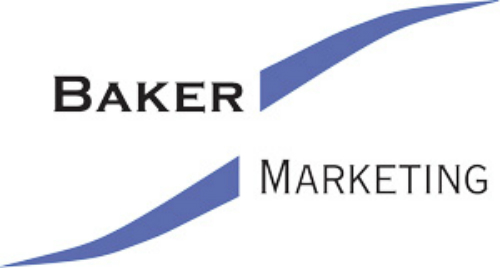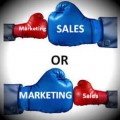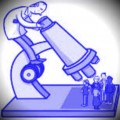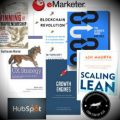Would you have taken a bet that offered you 10 to 1 odds that anyone but Donald Trump would be elected President back in July 2016? I’m guessing you would have. I know I would have and probably bet a bundle. After all, it was obvious that most Americans thought Trump’s views were too extreme. The British parliament even debated on banning Trump from the UK. Well we’d both be poorer now and scratching our heads as how this outcome came to be.
This scenario is similar to one where an entrepreneur believes that everyone will want to buy the product he/she is making. After all, the product solves an obvious and important problem that so many people have. You wouldn’t think twice about buying it, so why would anyone else.
Let’s see the factors that can lead us to be so bad at predicting our customers needs.
There are realities you don’t even know exist
 Experience, environment and nature, are responsible for shaping beliefs and thought processes. They differ from one person to the next.
Experience, environment and nature, are responsible for shaping beliefs and thought processes. They differ from one person to the next.
Although nature (human biology) may be similar from one person to the next, environments are not. This is harder to remember given most people we exchange with on a daily basis share similar environments to ours. Experience, which is the sum of all the various situations we were in and how we reacted to them since birth, differs even more greatly from one person to the next.
Although we all know that others don’t think like we do or have the same reality, we sometimes forget to what extent they differ from ours.
This explains why designing an experiment, that captures other people’s realities, is so difficult. It also explains why it is so difficult to interpret other people’s answers accurately. The less we know about our respondents’ experiences and current reality, the more difficult it is to interpret their answers. Hence, we will tend to fill in the blanks with elements of our own reality. This will give us a distorted view.
The lesson learned here is:
- try to understand your respondent’s environment as much as you can before asking them questions
It will ensure you ask the right questions with words that will mean the same to them as they mean to you. It will also enable you to interpret their answers correctly.
Things change, sometimes overnight
 Unforeseen events happen and change realities and the choice set we have. In the political sphere this could mean email scandals. In the product world it could mean new regulations, new competitors or technologies that pop up overnight.
Unforeseen events happen and change realities and the choice set we have. In the political sphere this could mean email scandals. In the product world it could mean new regulations, new competitors or technologies that pop up overnight.
These new realities can sometime remove existing problems. They can also give potential customers more choices as how to solve their problems. Finally, they can leave them so uncertain about their choices, that they will need a lot more time and energy to evaluate their options. This situation is well captured in the innovation adoption curve.
The lessons learned here are
- You need to act fast on survey results as environments can change quickly
- When the respondents’ choice sets are in flux, you may have some of them who can’t or won’t make choices
We are willing to put up with a lot to stay true to our identity
 Certain behaviours we have take root in our own self image. When US voters identify themselves as Republicans or Democrats they don’t only refer to how they cast their ballot. They often refer to a part of their sets of beliefs. However strongly they feel against a representative of the party, they won’t vote against their identity. They’ll just find a way to rationalise their decision. This is part of the concept of cognitive dissonance.
Certain behaviours we have take root in our own self image. When US voters identify themselves as Republicans or Democrats they don’t only refer to how they cast their ballot. They often refer to a part of their sets of beliefs. However strongly they feel against a representative of the party, they won’t vote against their identity. They’ll just find a way to rationalise their decision. This is part of the concept of cognitive dissonance.
Some consumers may see the value proposition you offer them clearly but won’t purchase your product. Because part of their identity ties in to doing the work the way they always have done it.
The lesson learned here is:
- You may need more time and effort to convince your customers to adopt your product/service when it affects their identity
Why do polls/surveys get it wrong?
 We won’t reveal (to strangers) actions, beliefs or views that we think will affect their image of us negatively. This is cognitive dissonance at work.
We won’t reveal (to strangers) actions, beliefs or views that we think will affect their image of us negatively. This is cognitive dissonance at work.
This is why it is so important to test your market on their actions rather than on what they say. Especially when you don’t know how important cognitive dissonance is for a particular choice.
The lesson learned here is:
- Cognitive dissonance will skew your survey results significantly
Here is one last lesson to keep in mind. However wrong you may have been at predicting an outcome there is always something you can learn from the thought process that led you there. You can learn from it and improve your future predictions.










